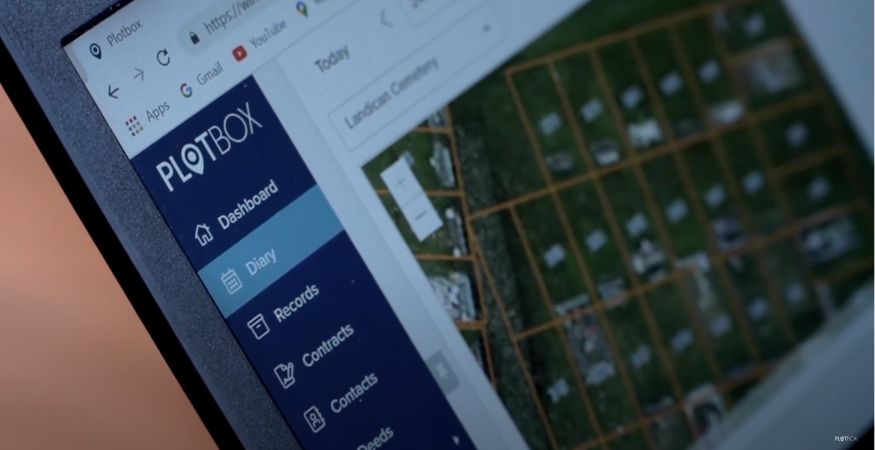| Read time: 3 min
As we discussed here, an intuitive deathcare management solution is one that is easy to use.
That means user-friendly interfaces, configurable, personalized dashboards, minimal switching between screens, quick search functions, quick reports, data visualizations, dropdowns, filter lists…in effect, everything in its right place.
And this user-centric design is key to ensuring that your solution gives you back the time to focus on what matters most. Time not spent searching, reconciling or correcting is time spent with families or on value-added activities.
With that in mind, here are 7 quick benefits of an easy-to-use deathcare management solution.
1. Greater user adoption
Any new system will only be as effective as those using it. If it is overly complex, or doesn’t give your teams what they need it to, they may very well be less likely to be happy using it.
That also means potentially more training and a less positive user experience.
The good news is a more intuitive system will reduce that resistance to change and facilitate a much smoother transition to your new system and new processes.
2. Greater efficiencies
In deathcare, time is of the essence, and the last thing you need to be doing is searching through reams of paperwork, or switching between screens or systems to find the information you need to perform routine tasks.
And in this way, an easy to use system will allow staff to carry out their duties in a quicker, more organized and more accurate way, increasing overall efficiencies.
3. Better customer service
On a related point - an intuitive system will also allow staff to retrieve information requested by families more quickly - whether that relates to burials, deed ownership, plot locations, or even genealogical data.
Quick search functions and digital maps linked to deceased records can get accurate information more easily, allowing you to become more responsive, which will in turn add to a much more positive customer experience.
4. Reduction in errors
Errors in deathcare can be costly - both from a human and financial perspective.
Disjointed systems - as we say - means that deathcare staff are more like detectives - piecing information together from often conflicting sources in order to find the right answers.
Intuitive systems combat this by presenting information clearly and consistently, and often with error checks - given as prompts when information is being inputted.
And this, combined with guided workflows can help to ensure that staff have every chance to enter the correct information, in the correct way, in the correct place.
5. Streamlined admin processes
More streamlined processes, really, are one of the key benefits of any deathcare management system.
What turns it from being a good solution to a great one, is in intuitively linking all of your essential functions together - scheduling, burial bookings, work orders, mapping all working in tandem, all linked - creating streamlined admin and operational operational processes.
In this way, it will help to create smarter workflows across your organization - rationalizing unnecessary steps in every process.
6. Sped up sales
And in a similar way, this linking together of information can also help to accelerate your sales.
That can happen in a number of ways - for example, providing quick and easy access to plot availability and digital maps to sales teams will help to facilitate faster decision-making by families.
The automated generation of contract or payment plan information also helps to reduce admin time and the unnecessary back and forth with customers that can so often stall or even stop sales in their tracks.
In essence, it helps your customers to sign on the dotted line by giving your teams easier access to the information they need.
7. Increased productivity
All of this together, ultimately points to increased productivity throughout your operation.
Staff spend less time trying to learn the new system and become more adept in using it to its fullest potential more quickly; tasks performed with fewer clicks and fewer tabs reduces time and effort; communication and collaboration are enhanced, eliminating bottlenecks; automated workflows allow tasks to be carried out more efficiently; less time checking errors or inconsistencies means more time with families; and customizable dashboards and reports get you to where the information you need is more quickly.
Discover why digital transformation is a must-have for deathcare. Download the eBook:

